Blame Game: The Disappearance of Madeleine McCann
Ever since her daughter went missing, Kate McCann has been accused of everything from bad mothering to murder. She's not the first mom to come under such fire. Why do we always suspect the worst?
Every Sunday British physician Kate McCann walks to church in the tiny town of Rothley, Leicestershire, hand in hand with her husband, Gerry. She keeps her eyes directed at the ground, ignoring the whispers and comments — some sympathetic, many hostile — that trail her.
Britain has been obsessed with Kate, 39, since last May, when her 3-year-old daughter, Madeleine, disappeared from an apartment in Praia da Luz, Portugal, where the family was vacationing. On holiday with a group of other doctors, Kate and her husband had left Madeleine and their 2-year-old twins asleep in the apartment while they ate tapas at a nearby bar. The adults took turns checking in on all their children every half-hour; when it was Kate's turn, she returned to the table screaming, "Madeleine's gone!"
Then things got worse. In the weeks that followed, as police failed to find an abductor or even a body, attention turned to the parents. Police dogs were said to have detected the scent of death on Kate's clothes, and cops suggested that traces of the child's DNA were found in the car that Kate and Gerry rented 25 days after Madeleine's disappearance. When Kate's Bible was confiscated by police, they suggested that a page related to a dead child was especially well-thumbed. To their horror, the parents found themselves the chief suspects in their daughter's disappearance — and it was Kate, not Gerry (a cardiologist), who bore the brunt of the blame.
On the face of it, Kate McCann should have been the last mom on earth to be vilified in this way. Demure, middle-class, and Catholic, she had wanted to become a mom so badly that she had gone through IVF to conceive Madeleine. "Kate is the most devoted mother," says David Hughes, a PR adviser who has been working with the McCanns since last summer. "But right from the start, people were blogging about her, focusing on the fact that she didn't cry enough. People believe you have to behave in an ostentatious way to show your grief. If you don't wail in public, you're not upset. To me, Kate was manifestly upset — and yet she also has a good sense of humor. When you are with her, you naturally warm to her."
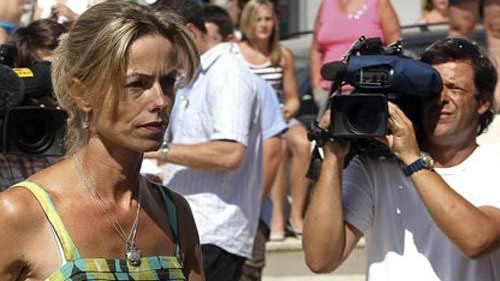
[image id='d6decaf6-6b9e-4eb8-82bb-81620aac9a91' mediaId='44e4d7bb-02b4-4c0e-93a7-9420d54af176' loc='C'][/image]
Kate is hardly the first grieving mother to find her anguish compounded by suspicion. Time and again in the case of child death or abduction, the mom goes from victim to perpetrator in the court of public opinion. In 1997, when British nanny Louise Woodward was on trial for the death of 8-month-old Matthew Eappen in Massachusetts, commentators criticized the baby's mom, Deborah Eappen. A part-time ophthalmologist, she worked only three days a week, but still she was attacked for having a career — and leaving her child in the care of a nanny — when she could afford not to work.
Patsy Ramsey, whose 6-year-old daughter, JonBenet, was found strangled in the family's basement in Colorado in 1996, faced a similar backlash. Over the next 10 years, until her own death, Patsy lived under suspicion — sometimes of murder, sometimes of unhealthy mothering, such as allowing JonBenet to take part in child beauty contests.
Stay In The Know
Get exclusive access to fashion and beauty trends, hot-off-the-press celebrity news, and more.
And then there's Lindy Chamberlain, the Australian mom whose infant daughter, Azaria, disappeared in 1980 while the family was on a camping trip. Despite Lindy's insistence that the baby had been taken from the family's tent by a wild dingo, Lindy was convicted of murder and sentenced to life in prison with hard labor. Her refusal to show emotion laid the groundwork for her conviction — in court and in society at large. She served four years, until the child's torn clothes were discovered in a dingo den, proving her innocent.
In Kate McCann's case, newspaper and TV commentators, most of them female, have heaped abuse on everything from her clothes to her figure to her exercise routine. How could she jog when she had lost a child? Why did she and her husband employ a PR adviser? As doctors, did they drug their kids to make them sleep at night? In September, Irish comedian Patrick Kielty joked that if Kate had really wanted to get rid of her daughter's body, she should have checked Madeleine as luggage on low-cost airline Ryanair.
Suddenly, everyone was a psychologist, citing a study that claimed that 80 percent of children murdered are killed by their parents — while ignoring another that showed that the majority of these killers are stepparents. And everybody became an armchair detective. Anne Enright, the winner of Britain's top literary award, the Booker Prize, admitted in the London Review of Books that "disliking the McCanns is an international sport" — one that she herself had joined in, she realized, when she found herself using Google Earth to study the area around the McCanns' Portugal apartment while pondering just how far one could carry a child's body.
Why all this rage toward Kate McCann?
For a generation brought up on detective dramas and conspiracy theories, "distrust the obvious" has become our mantra. Indeed, the tendency now is not just to ignore the rational answer, but to believe the most outlandish theory, which is how you find sensible people believing that the Twin Towers were brought down by the CIA or that the moon landings were faked. Or that a loving mom murdered her own child, concealed the crime, and then managed to dispose of the body while her every move was tracked on international TV.
Most of all, though, the treatment of Kate McCann exposes our conflicted attitudes toward mothering. In progressive places like America and the U.K., women have the right to work. But when something bad happens to a child, our most primitive instincts return, and we find the mom guilty for letting the child out of her sight.
Ultimately, our treatment of Kate has come to haunt us here in Britain: We are almost as fascinated by our reaction to the case as we are by the case itself. What does it say about us, morally, that we are so quick to distrust the common-sense explanation in favor of the twisted one? Why do we all have opinions on the best way to kill a child? And perhaps most important of all: Why are we all still blaming Mom?
-
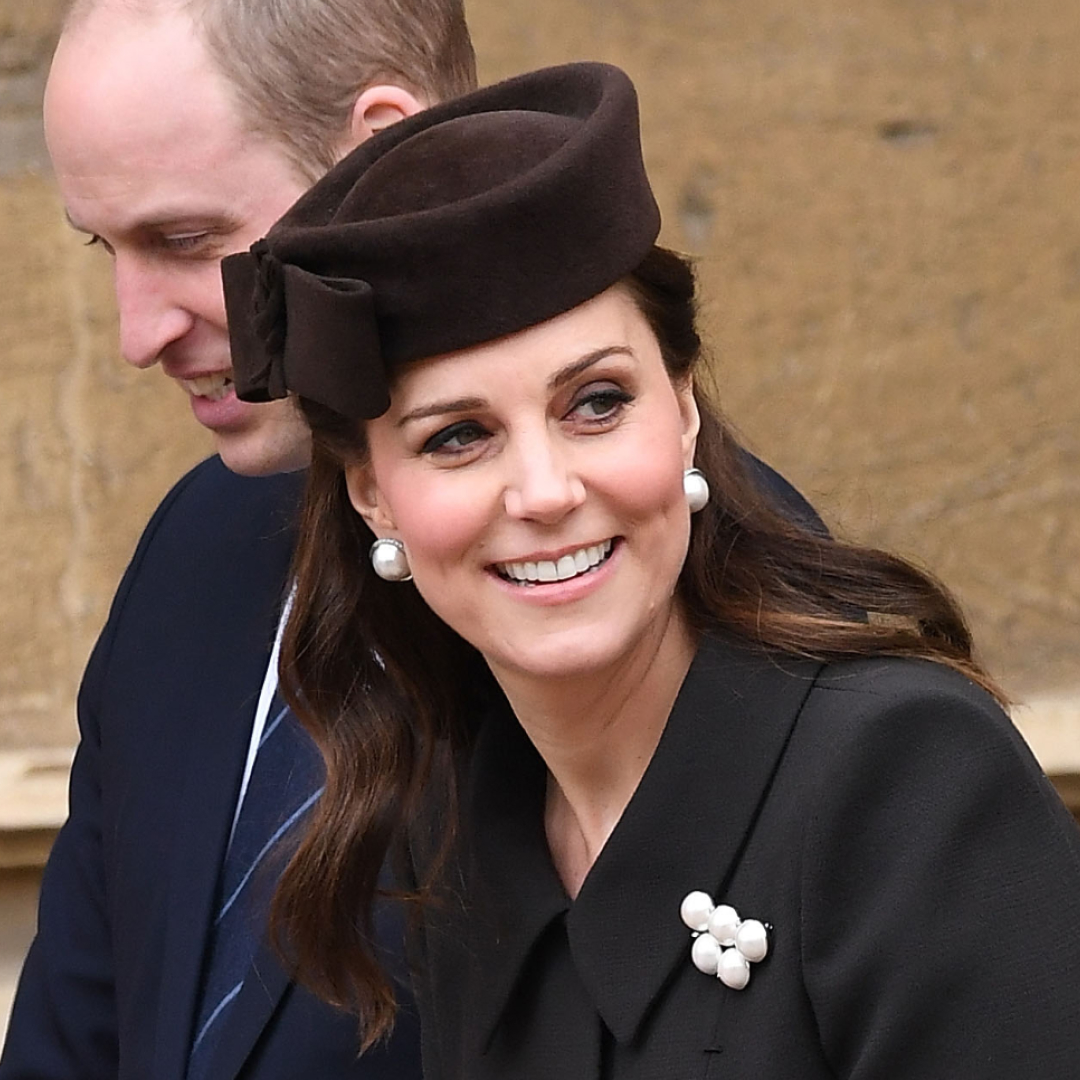 The Royal Family Easter Rule Kate Middleton Broke in 2018
The Royal Family Easter Rule Kate Middleton Broke in 2018The Princess of Wales was pregnant with her third child—Prince Louis—at the time.
By Amy Mackelden
-
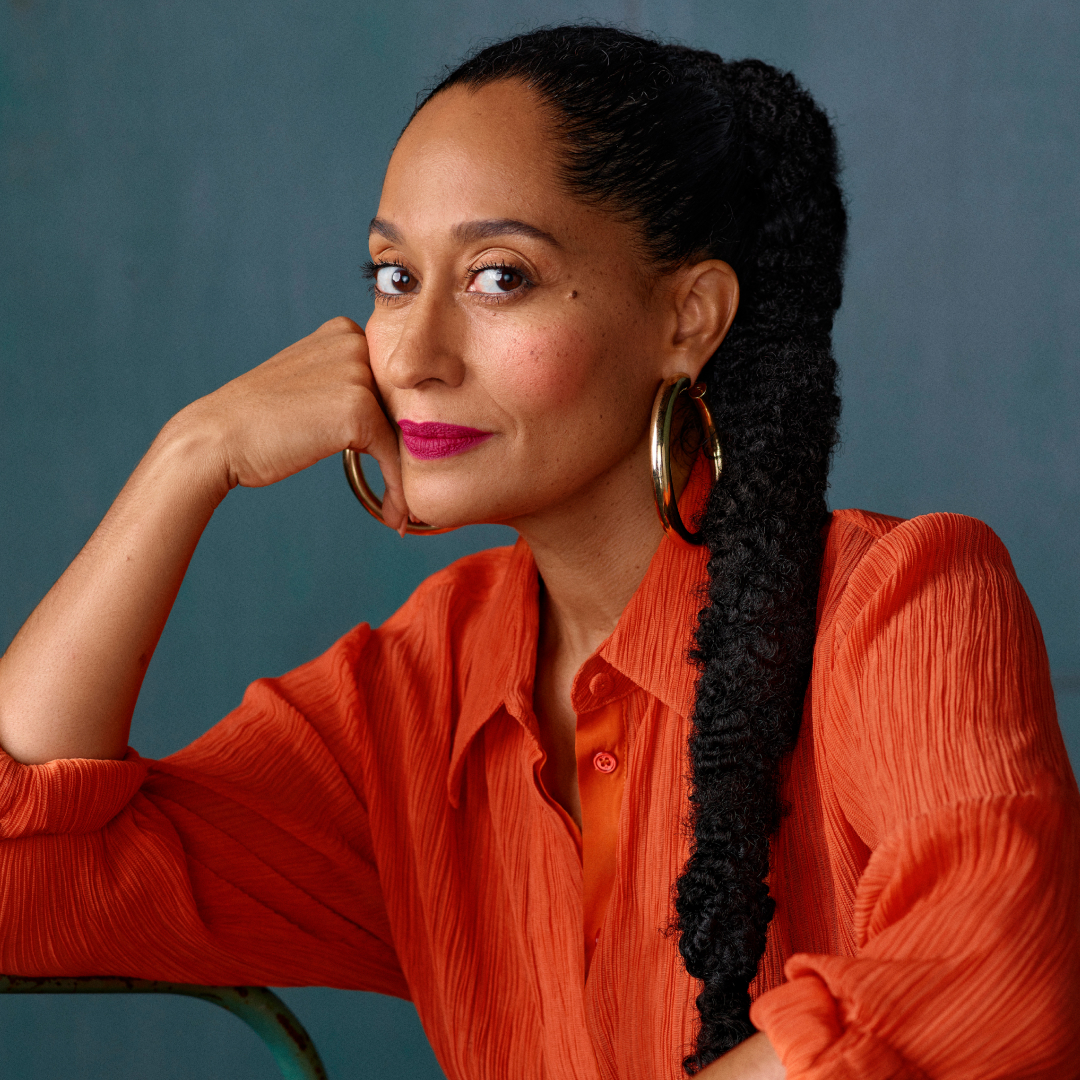 Tracee Ellis Ross Reflects on "Grief" Over Not Marrying or Having Kids
Tracee Ellis Ross Reflects on "Grief" Over Not Marrying or Having Kids"I grieve the things that I thought would be and that are not."
By Amy Mackelden
-
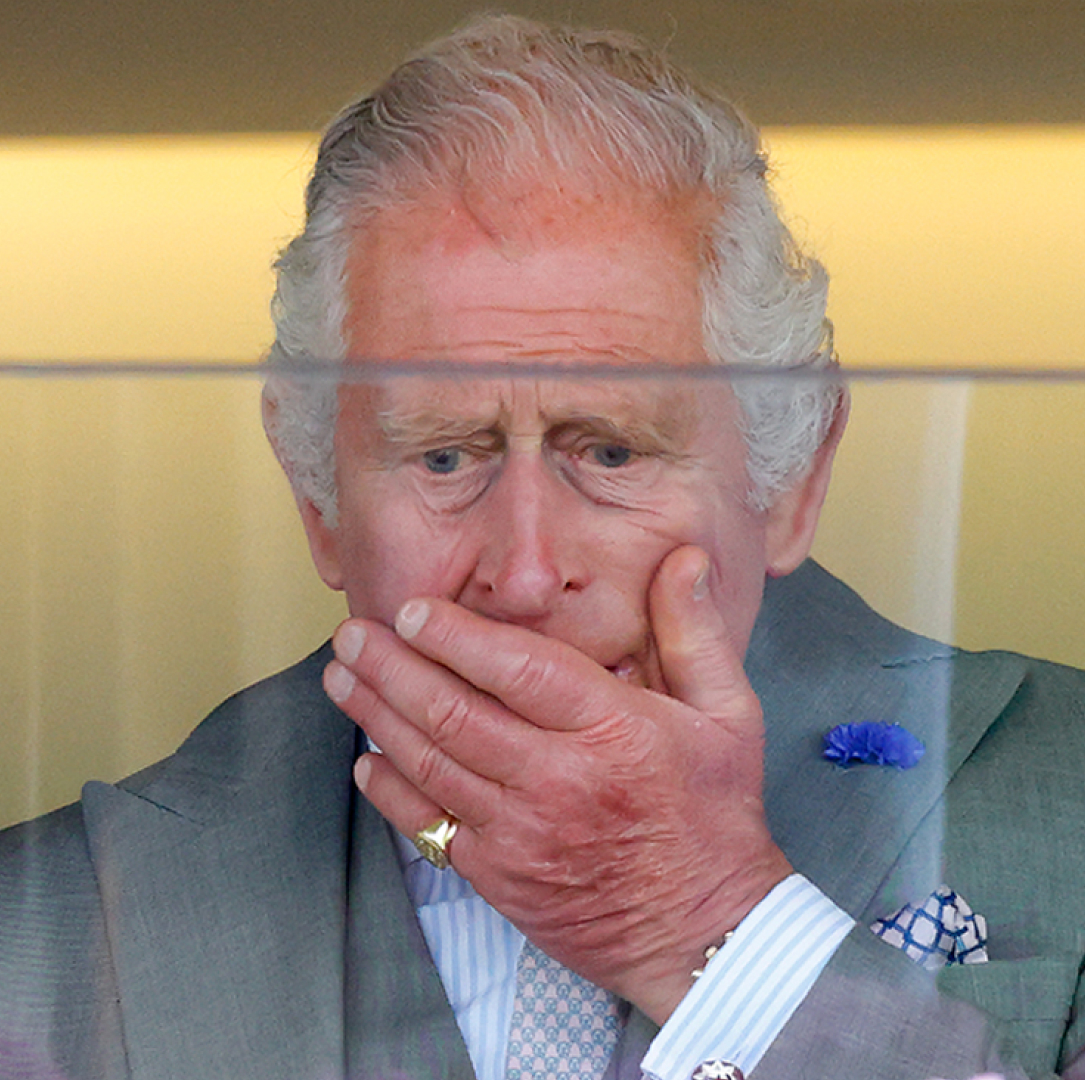 A "No-Fly Zone" Has Been Placed Over King Charles's Home
A "No-Fly Zone" Has Been Placed Over King Charles's Home"It prompted a security scare."
By Amy Mackelden
-
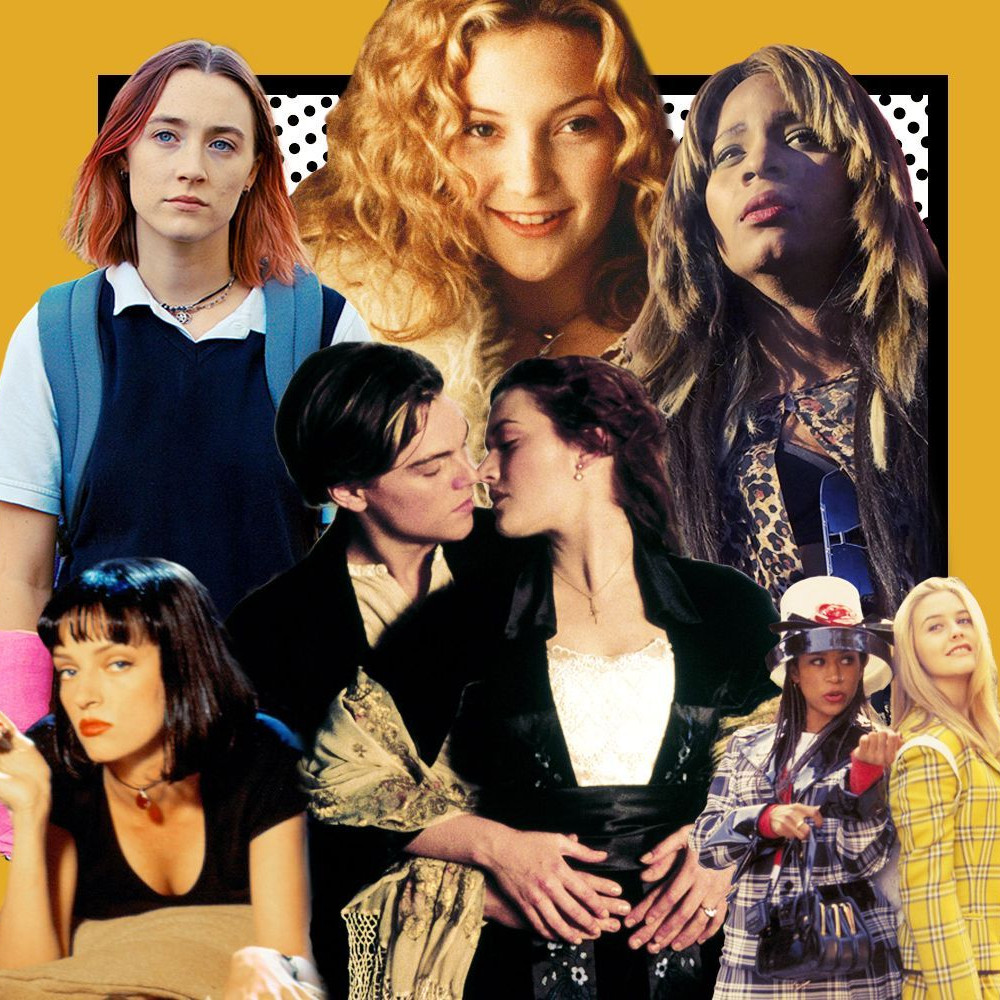 The 100 Best Movies of All Time: The Ultimate Must-Watch Films
The 100 Best Movies of All Time: The Ultimate Must-Watch FilmsWe consider these essential viewing.
By Quinci LeGardye
-
 The Best Bollywood Movies of 2023 (So Far)
The Best Bollywood Movies of 2023 (So Far)Including one that just might fill the Riverdale-shaped hole in your heart.
By Andrea Park
-
 ‘Bachelor in Paradise’ 2023: Everything We Know
‘Bachelor in Paradise’ 2023: Everything We KnowCue up Mike Reno and Ann Wilson’s \201cAlmost Paradise."
By Andrea Park
-
 Who Is Gerry Turner, the ‘Golden Bachelor’?
Who Is Gerry Turner, the ‘Golden Bachelor’?The Indiana native is the first senior citizen to join Bachelor Nation.
By Andrea Park
-
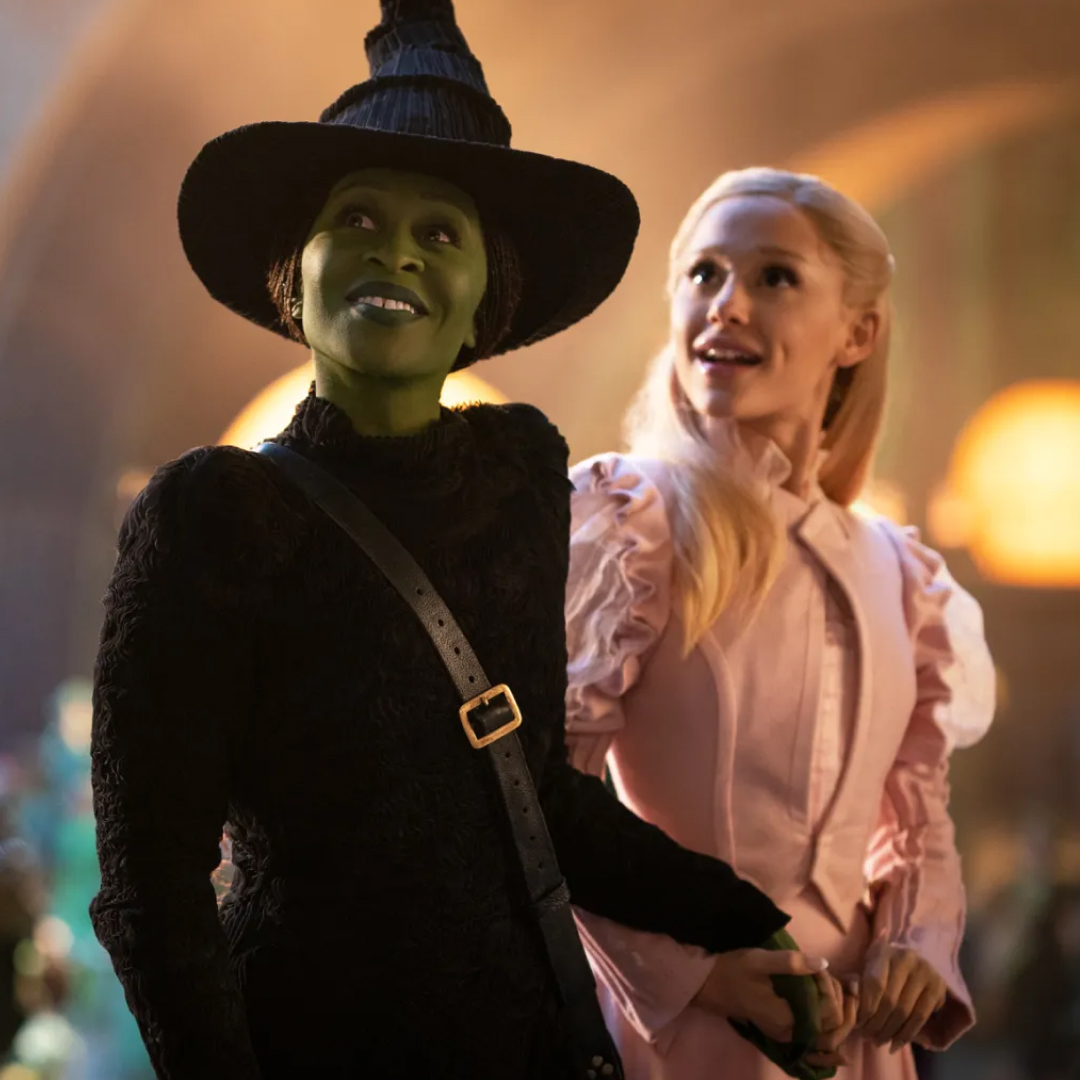 The 50 Best Movie Musicals of All Time
The 50 Best Movie Musicals of All TimeAll the dance numbers! All the show tunes!
By Amanda Mitchell
-
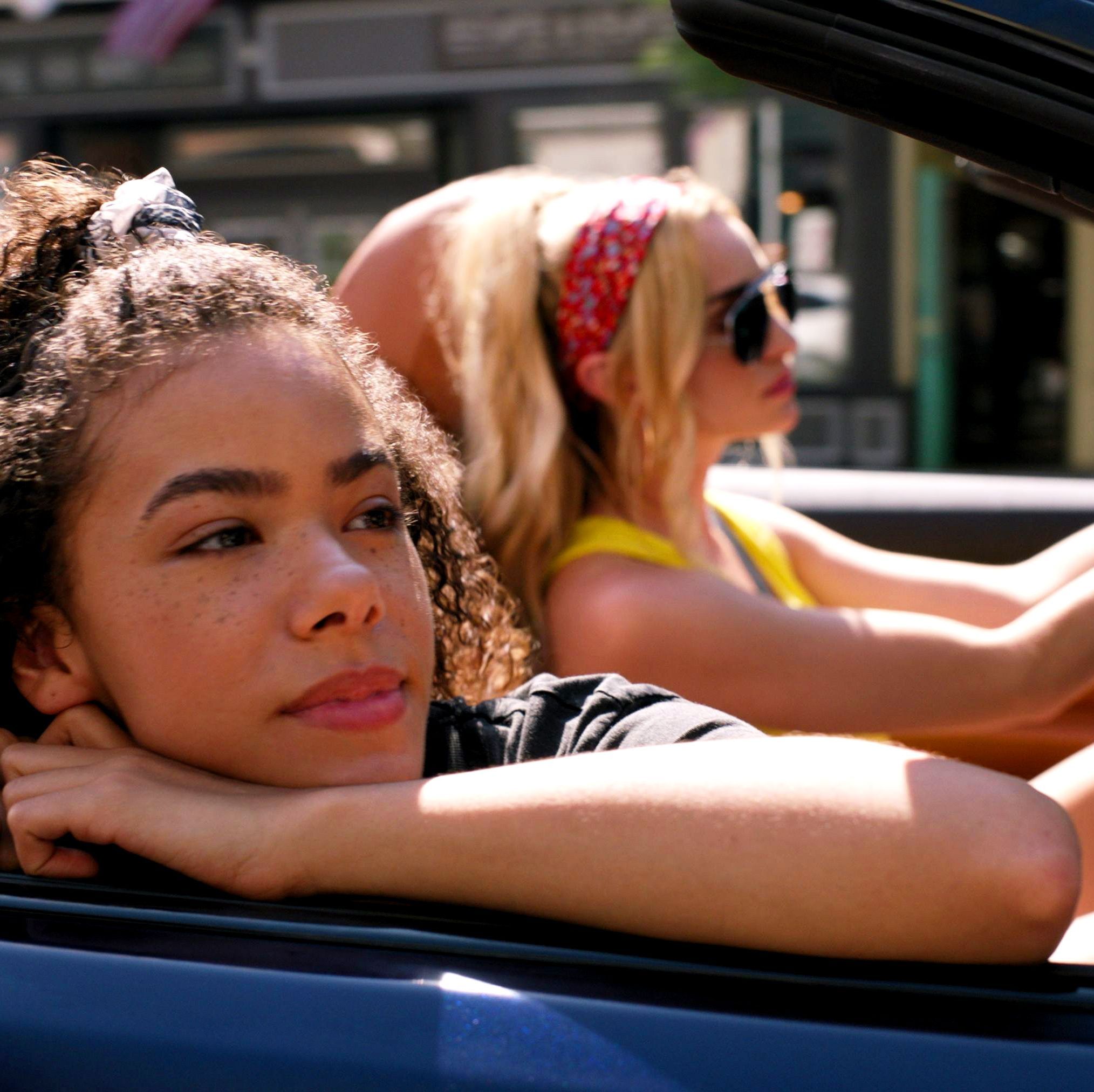 'Ginny & Georgia' Season 2: Everything We Know
'Ginny & Georgia' Season 2: Everything We KnowNetflix owes us answers after that ending.
By Zoe Guy
-
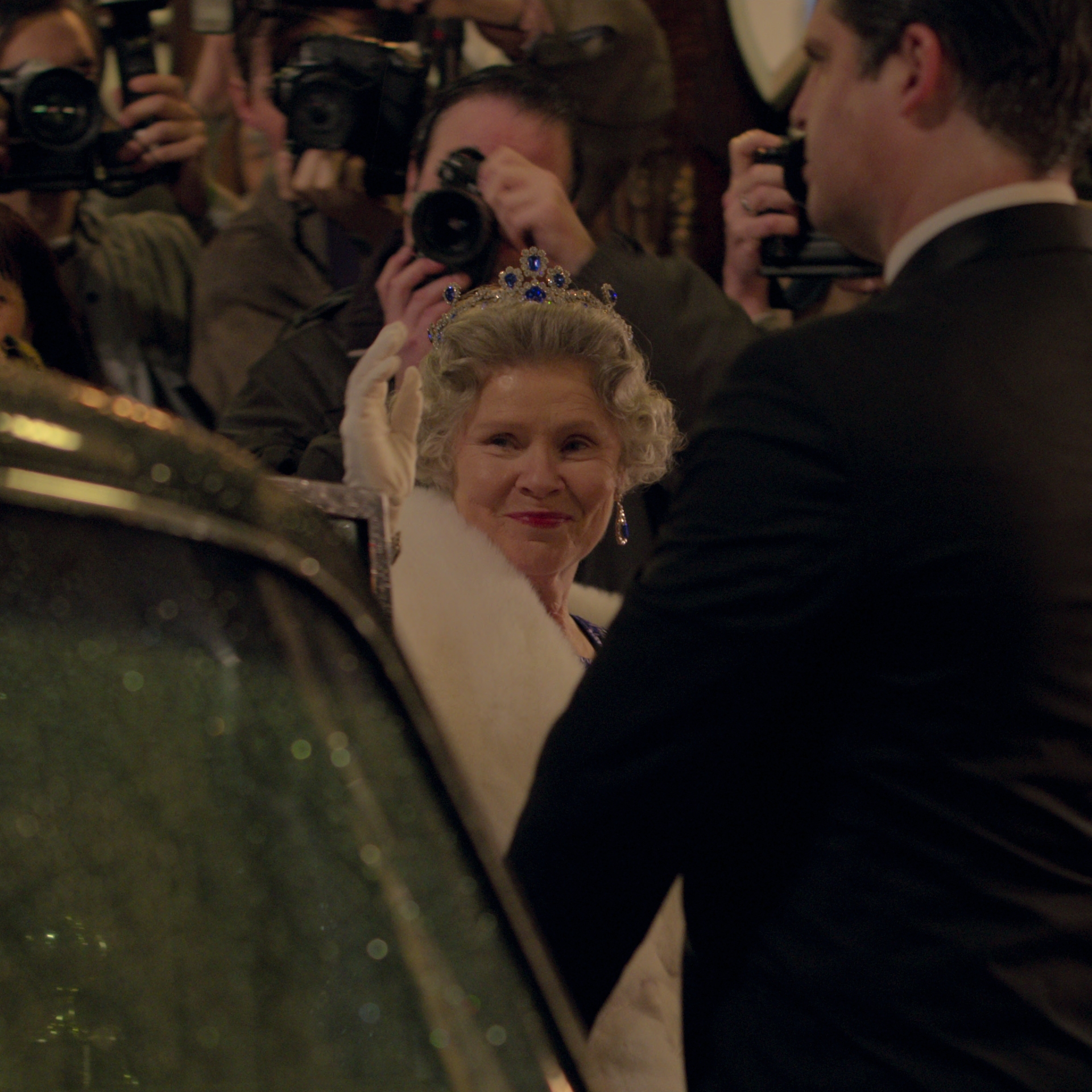 The Cast of 'The Crown' Season 5: Your Guide
The Cast of 'The Crown' Season 5: Your GuideFeatures The Mountbatten-Windsors have been recast—again.
By Andrea Park
-
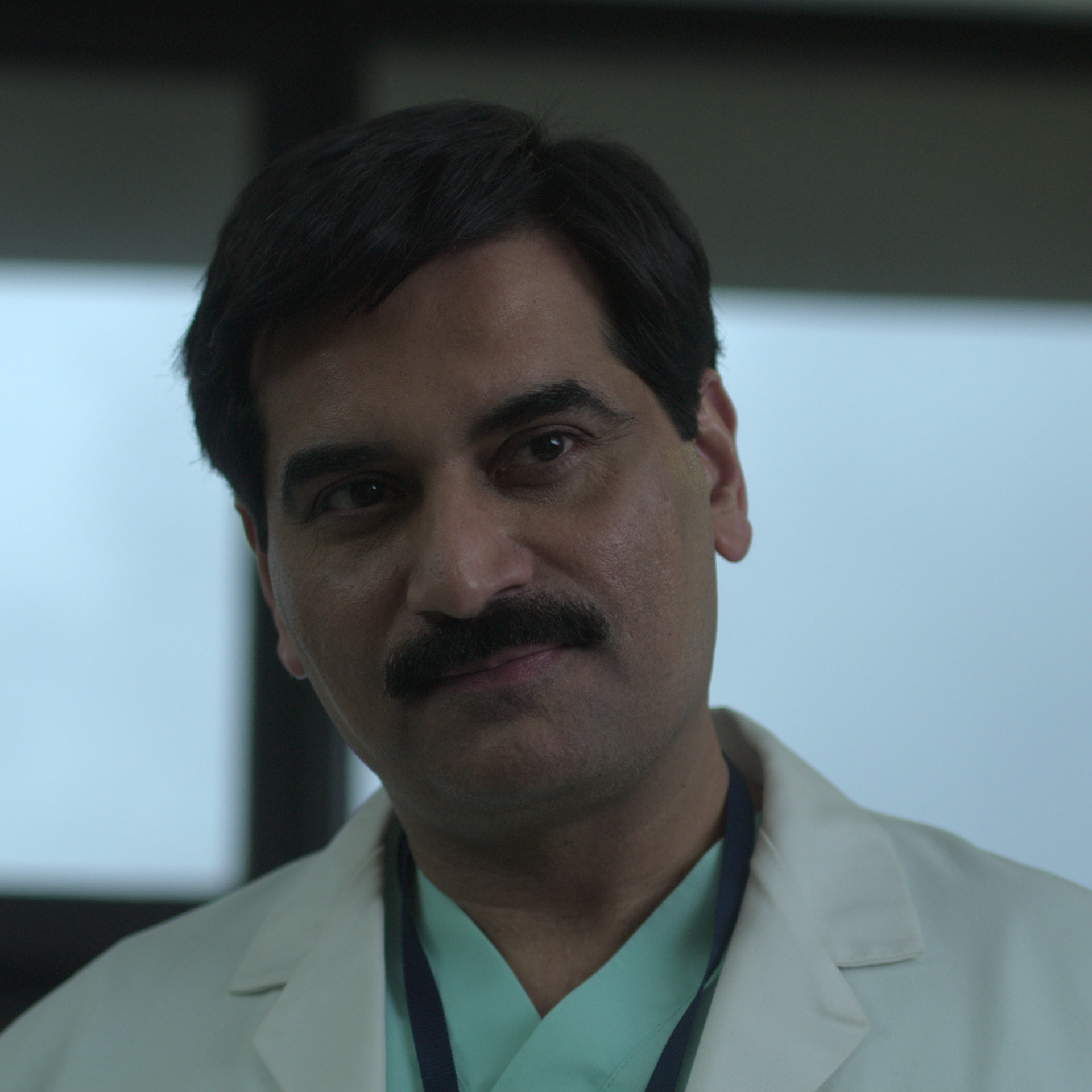 Who Is Hasnat Khan, Princess Diana’s Boyfriend on Season 5 of ‘The Crown’?
Who Is Hasnat Khan, Princess Diana’s Boyfriend on Season 5 of ‘The Crown’?Features Di’s friends have said she referred to the doctor as \201cthe love of her life.\201d
By Andrea Park